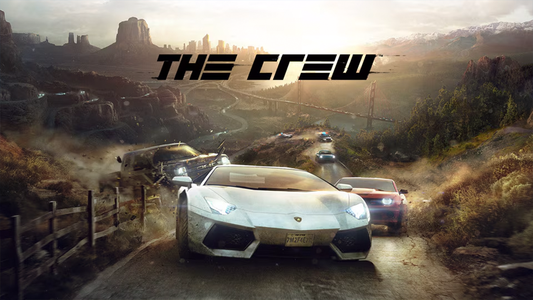This week, our partnership with game criticism site Critical Distance brings us picks from Mark Filipowich on topics ranging from the economic downturn of Neopets to ageism in the game industry. Economics and Faerie Magic On The Mary Sue, Victoria McNally reflects on Neopets’ economic history since its 1999 release:
In Neopets, the rising rate of neopoints got particularly bad as it expanded. The trend didn’t go unnoticed, either; as early as June 2001, many economically savvy users noted in the Neopian Times that inflation was occurring and might need intervention to balance itself out… [suggesting] the site is now “a horrifying and disturbing look into the faults of late capitalism and the unfettered exploitation inevitable in unregulated economic systems[…]”
Zombies Ate My Culture At Paste Maddy Myers reflects on the pre-9/11 anxieties represented in the original Resident Evil along with what would now be considered its genre-defying message of cooperation, "Most strikingly, however, the original Resident Evil differs from post-90s-era zombie videogames because it does not have a libertarian message." To compare how zombies have changed, take a look at Reid McCarter’s analysis of The Last of Us as a conflict between “the Apollonian virtues [of Joel] (logic, individuality, denial) and Ellie the Dionysian (chaos, universality, acceptance).” Lastly (and not technically involving zombies), Dan Whitehead of EuroGamer hopes that Hideo Kojima and Guillermo Del Toro’s collaboration on the next Silent Hill will bring back the weirdness of Silent Hill 2. First-Person Whistleblower Kill Screen’s Christ Priestman talks to Nicky Case about Israel aggression in the Gaza strip and police brutality in Ferguson, Missouri and how they relate to his upcoming game about citizen journalism. Case hopes that his game will illustrate how controlling the narrative of something like escalating police violence in Ferguson controls how people understand the event: especially given how mainstream news outlets failed to broadcast what went on. Battlefield: USA Speaking of Ferguson, EA’s upcoming first-person shooter, Battlefield: Hardline has been scrutinized by a number of writers for its indifference and outright enthusiasm for the “warrior cop” figure seen in so many images of Ferguson over the last week. Mike Williams of USgamer warns that "Life Imitates Art":
Battlefield: Hardline plays on the growing militarization of the police, showing scenes of all-out war between heavily-armed police and criminals. It's a war game in a different skin, something that should probably disturb us more than it does.
His concern is that Hardline equates police with soldiers and cities with warzones. Meanwhile, in an article for the Paris Review, Kevin Nguyen is disquieted by how nonchalant the game appears to be toward police violence: “Simply put: as a cop in Hardline, you have the choice of killing people or not. The decision is entirely dependent on your mood.” More Conflict Mike Joffe investigates the relationship between conflict minerals and electronics on his blog, Video Games of the Oppressed. It’s well researched piece covering a topic that often gets ignored in both gaming and tech circles (Content warning: discussions of rape and slavery):
The current climate of phone consumption encourages people to upgrade and replace phones as often as possible. This is mirrored in the video game industry, where the lifespan of consoles is ever shrinking in favor of increasingly incremental upgrades. Even activist groups admit that recycling, even on a colossal scale, can not approach meeting the current demand.
Won't Someone Think of the Gamers? (Content warnings for this section: sexist language, harassment, stalking.) Zoe Quinn (you might remember her as the woman who helped create Depression Quest, a free resource designed to help people through mental illness) is under attack for an alleged professional transgression. For the last week a hate campaign including a number of prolific videogame personalities has coordinated harassment of both Quinn and her friends and colleagues. In Quinn's own words:
Suddenly I don’t have any right to privacy or basic dignity. Suddenly I don’t get to live out normal parts of life, like going through a bad and ugly breakup in private. I have forfeited this by being a blip in a small community, while those who delight in assailing me hide behind their keyboards and a culture that permits it, beyond reproach. My life and my body are not public property. No one’s life and body are public property.
In response, Liz Ryerson sifts through the 4chan forums where Quinn’s harassers lurk and analyses the conservative extremism behind their thinking.
the idea of trusting the word of a frighteningly narcissistic ex who's out to ruin her reputation is fine with them, because it meshes with their worldview. suddenly they have a convenient situation that explains away all their disillusionment and misgivings with themselves and game culture.
At The Border House, Zoya Street dissects how prominent video game personality TotalBiscuit, in discussing the harassment campaign against Quinn, has leveraged his privilege to deflect criticism. Luke Pullen, on the other hand, looks at how gamer culture at large has taken literal fascist leaps of reasoning to protect the purity of videogames as an institute.
No tags.





































